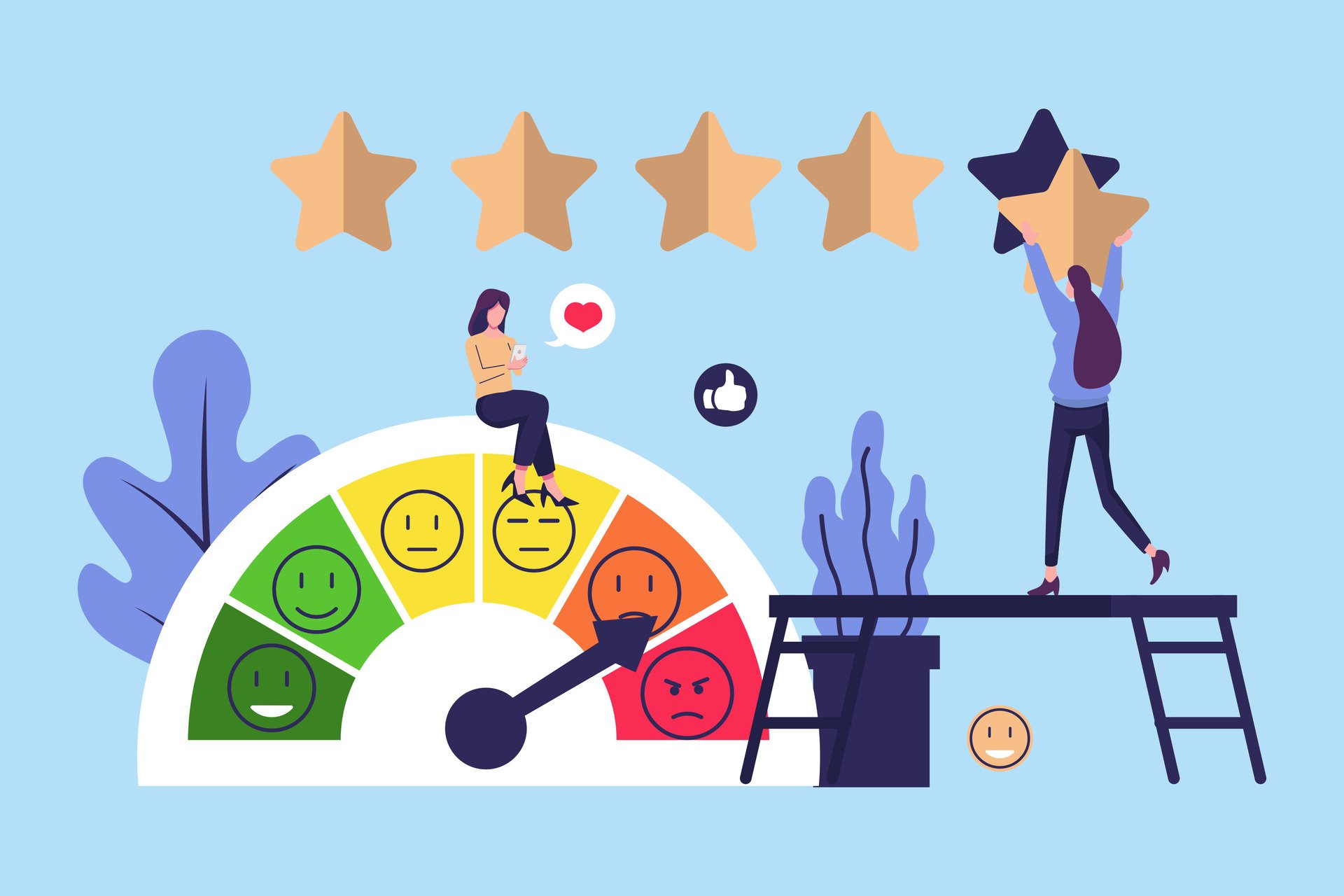How to set up self-improvement processes within a busy schedule:
Have you ever flipped through a couple of self-improvement articles and books? On paper and embellished with uplifting language, their suggestions sound great and you feel inspired. So why don’t they work?
It’s not that self-improvement and productivity tips aren’t helpful or mean well, it’s just that a lot of the time, they’re meant for someone else’s life. They don’t take into consideration that for many of us, our 16 hours a day are already dedicated to work and other responsibilities.
This doesn’t mean you have no shot at improving. It means you need to make improving an integral part of your current schedule and responsibilities.
When I first started reading about improving focus and productivity, I was in school and working full time. But it didn’t mean there weren’t things I couldn’t change to improve. That’s the biggest misconception. Here are a few of the things that I made an effort to change that have made a huge difference in my productivity and overall happiness with a busy schedule.
1. Remove social media from your phone
It does nothing for you. If you were to actually track the amount of time you spend a few minutes here and there on social media, absorbing information that isn’t helping but usually hurting you, you’d be amazed. The more you redirect that time to learning, the better off in so many areas you will be.

2. Learn how to meditate in a way that works for you, in a way that guarantees you self-improvement
Meditation has long been a buzzword most people skim over because it’s become too confusing and the benefits are not immediately realized. But I promise there are practical ways to practice and apply meditation that really help. Start by reading Untethered Soul by Michael Singer, which offers a very practical method for meditation.
3. Make reading a daily habit
Top leaders like Warren Buffet spend the majority of their time reading. And yes, you can fit it into your day in little ways. I like to use the Kindle app and Flipboard to have instant access to material I’m interested in.
4. Have hobbies you genuinely care about (Game of Thrones is not a hobby)
With so many distractions, we’ve forgotten to do things we love that challenge us. Instead of waiting for your next series to pop up on Netflix, find hobbies you can relax with that are constructive. I’m an avid artist and it helps me creatively with my writing.
5. Start tracking how and where you spend your time
Be more honest with yourself. I like to use Toggl so I know how much time I’m spending on each activity throughout my day and where I need improvement on how much time I’m wasting.
6. Set a notification on your phone or to-do list to send a nice message to family and friends at least once every few days
I’m one of those people who are terrible at staying in touch. It’s more important for mental balance than you think to have and maintain strong relationships in your life. It’s also just a good networking practice. My relationships have never been stronger since making it a point to reach out to people consistently.
7. Find a form of exercise that you love
Physical well being is foundational to being able to focus and stay productive even in cognitive work. Make it a point to relieve stress and strengthen yourself physically with any form of exercise you enjoy. Exercise can improve your productivity throughout the day by 21%.

8. The next conversation at work you have, really listen and ask open-ended questions as much as you can
The problem with the way we communicate is that we don’t listen enough and we don’t get as much out of working relationships as we should. Next time you’re at work, ask open-ended questions during a brainstorming session or meeting and see what you find out about other people’s thinking and where you can help solve problems.
9. Make plans to travel or change location, this will definitely lead to self-improvement
Having change to look forward to helps with focus and staying optimistic. If you can, work remote for an afternoon or plan a weekend trip once every few months to change your pace.
10. Minimize. Get rid of things you don’t need in order to free cognitive ability
If you’re at work, clear your desk and throw away as much as you can. At home, do the same. When we have an attachment to items around us it actually takes up cognitive “space” in our minds.
These are just a few ways I’ve decided to make small changes towards self-improvement without giving up my full schedule. Not all productivity and self-improvement tips have to be just for productivity gurus!




